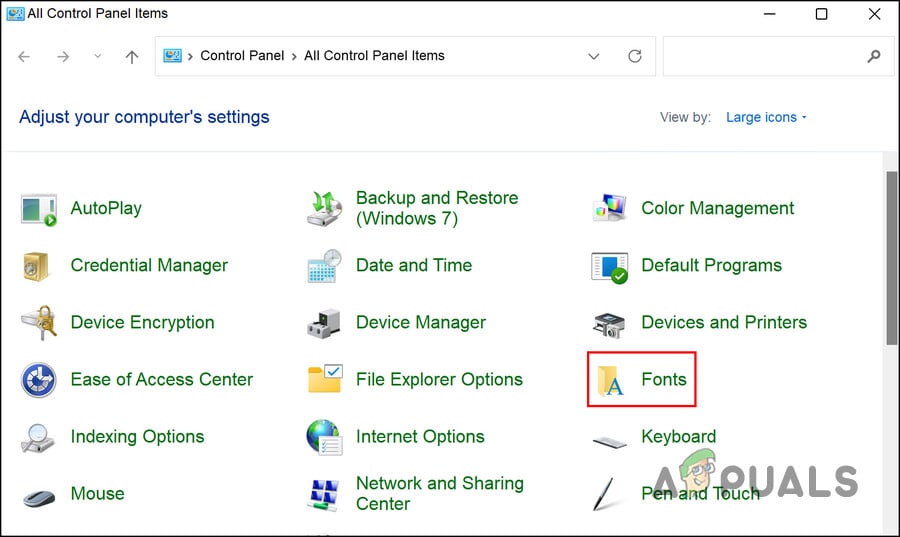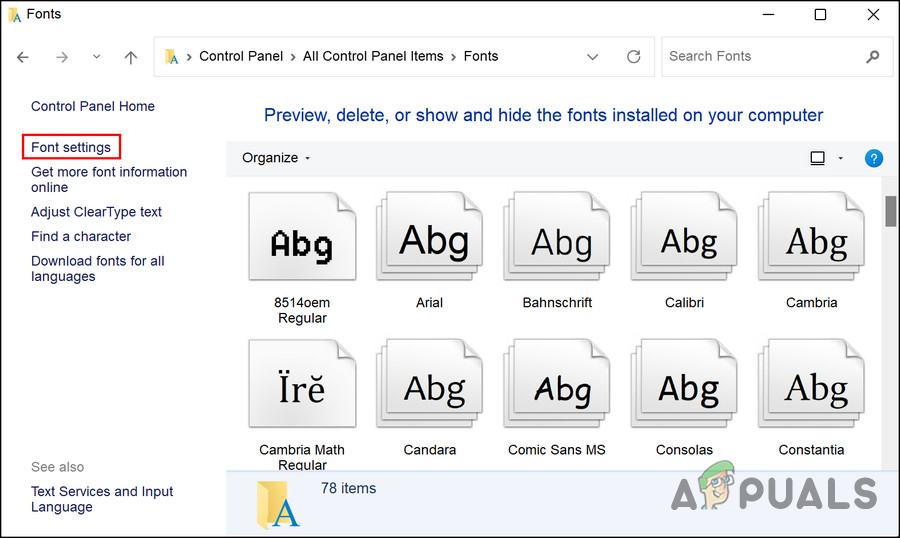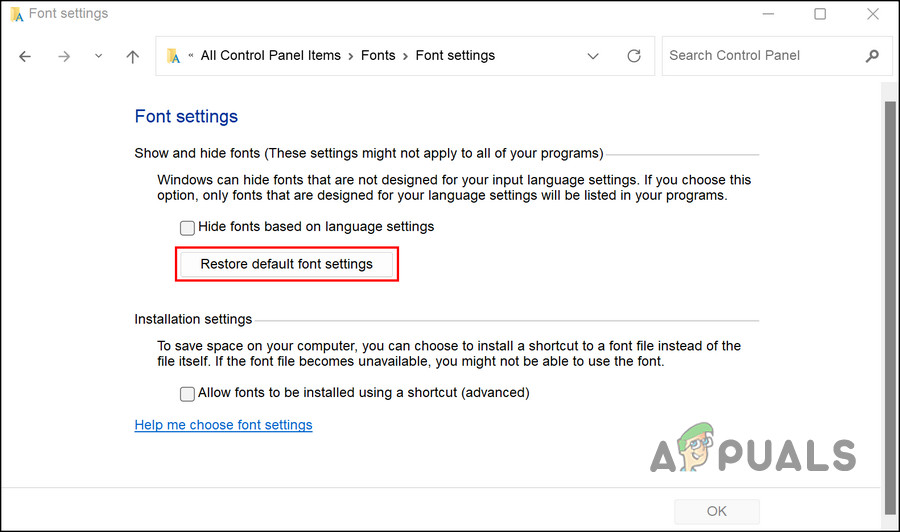There can be a number of reasons why you might not be able to use it after upgrading to the latest version of the operating system. Here are the most common ones:
Corrupted Font cache – the font cache might have been infected with a virus or corruption error, causing the font itself to malfunction.Generic inconsistency – your system files might be suffering from an inconsistency or error, causing the system components to act up. In this case, you can try using the built-in troubleshooting utilities to identify and fix the issue.Incorrect font settings – not all font settings are compatible with all operating system versions. If you have attempted to switch to an incompatible or ineligible setting, then resetting it to the default state can help you fix the issue.
Now that we know about the potential causes behind issues related to the Segoe UI Fluent Icon, let’s have a look at the troubleshooting methods that can fix the problem for you for good. We suggest that you begin by going through the troubleshooting methods first. This will help you pinpoint the cause of the problem in your case. Once that is done, you can follow the relevant troubleshooting method to fix the problem.
1. Rebuild the Font Cache
One of the most common causes behind the error at hand is a corrupt font cache, which is why we recommend that you begin by rebuilding it. Several users were able to fix the problem with this method, so hopefully, it will fix the issue for you as well. Before you proceed with the steps below for this purpose, make sure you are logged into the PC as an administrator. You will not be able to access the folders without that. Here is all that you need to do: You now have successfully rebuilt the cache. Go ahead and check if the Segoe UI Fluent Icon issue is resolved.
2. Run System Scans
Your system might also be infected with a corruption error that is causing the system components to act up. If this scenario is applicable, then the best way to resolve the problem is by making use of the built-in troubleshooting utilities within the system. The two most powerful and efficient utilities that can help you, in this case, are the System File Checker (SFC) and Deployment Image Servicing and Management (DISM). You can run both utilities using the Command Prompt. They will scan the system for potential issues and fix the problems identified without much user involvement. Here is all that you need to do: Wait for the command to execute and check if the issue is resolved.
3. Reset Default Font Settings
In case the problem is arising due to incompatible settings, you can reset the settings and preferences to default to fix the issue. Here is how you can do that: Hopefully, upon reboot, you will no longer face the problem with the Segoe UI Fluent Icon.
Microsoft Unveils New Icons And Logo For Windows 10 OS, MS Office And Other Apps…Fix: Windows 10 Taskbar Icons MissingFix: Gray x’s on Desktop Icons in Windows 10Some Taskbar Icons Are Missing from Windows 11’s Taskbar? Here’s How to Fix It
![]()
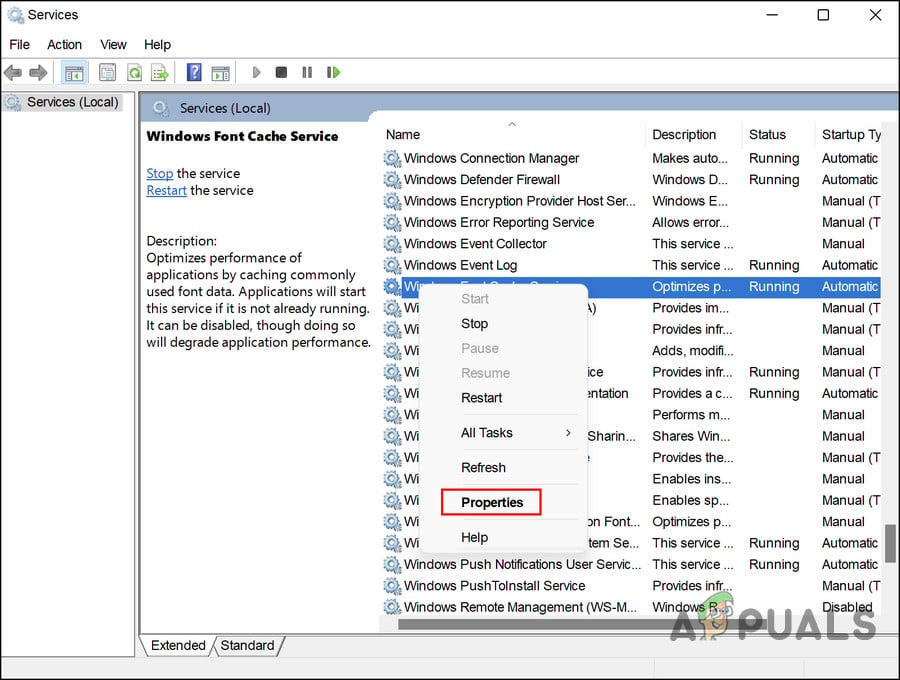
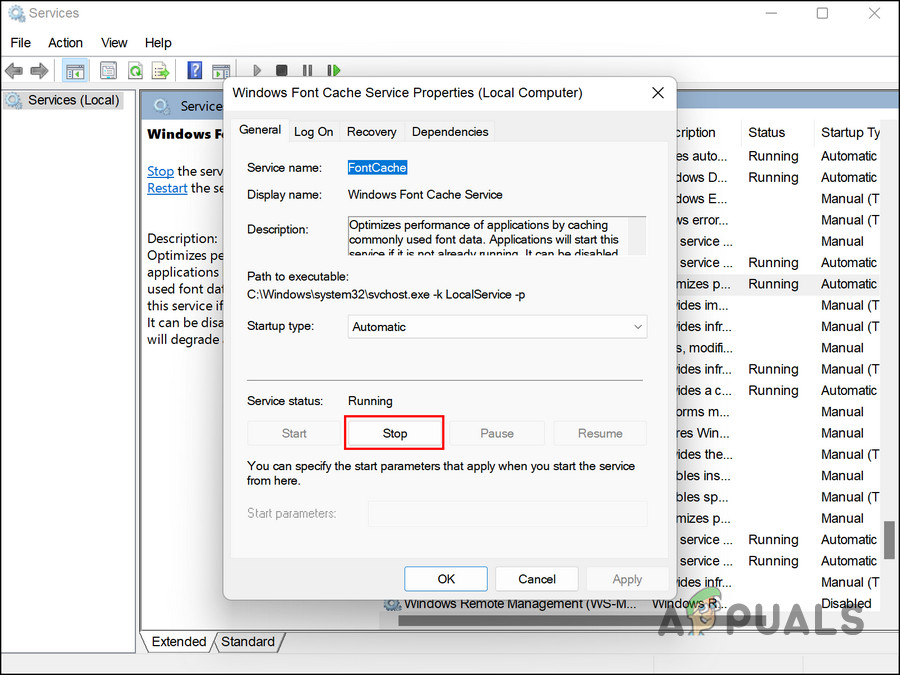
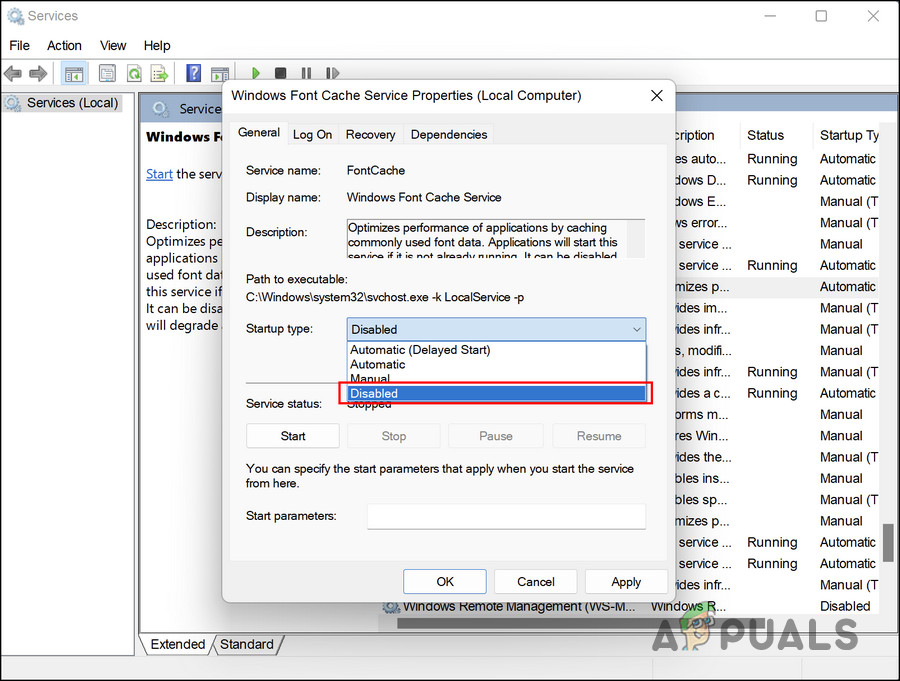
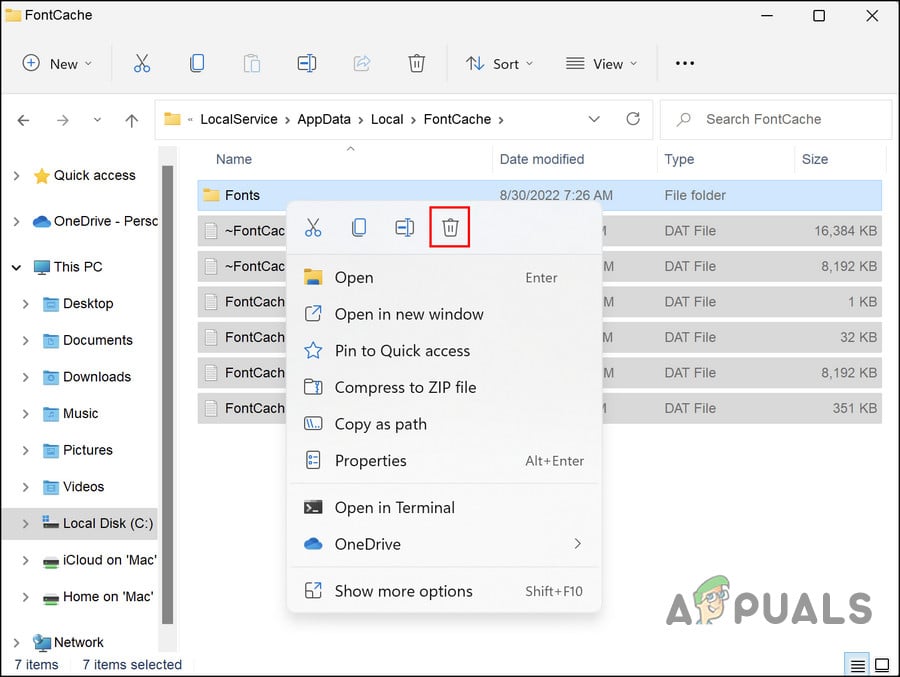
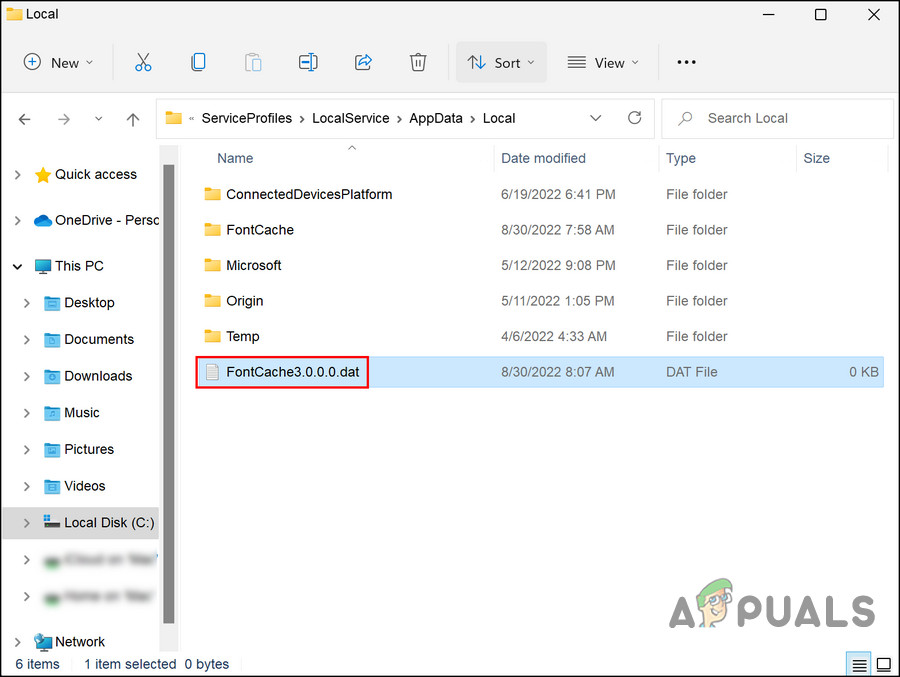
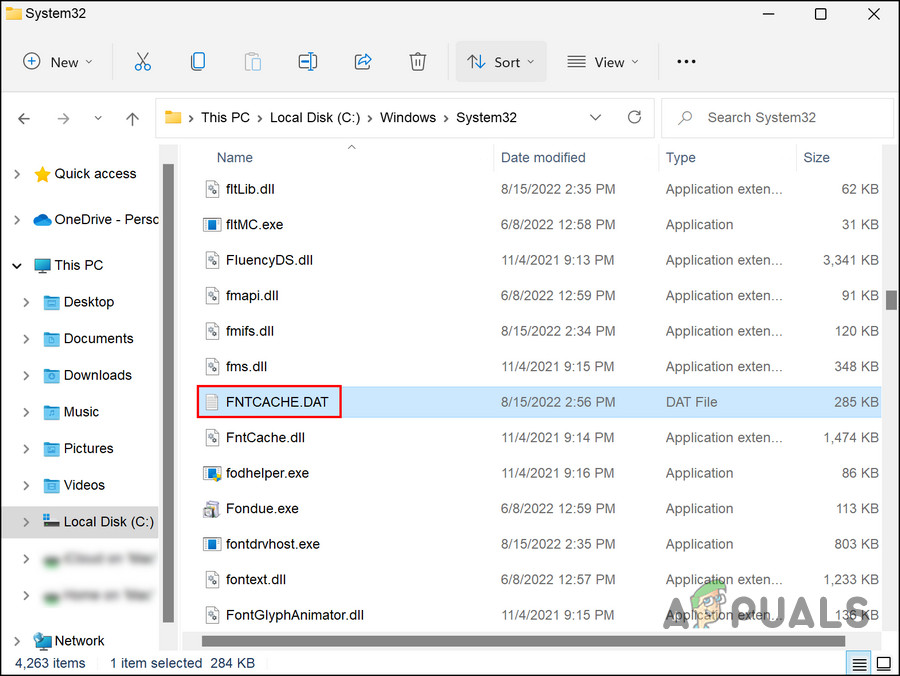
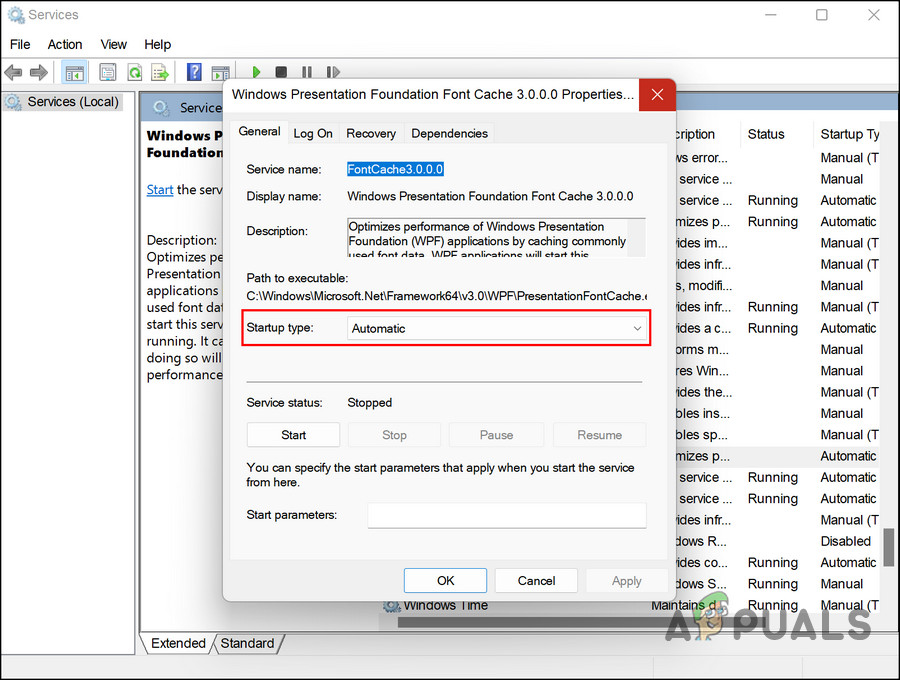
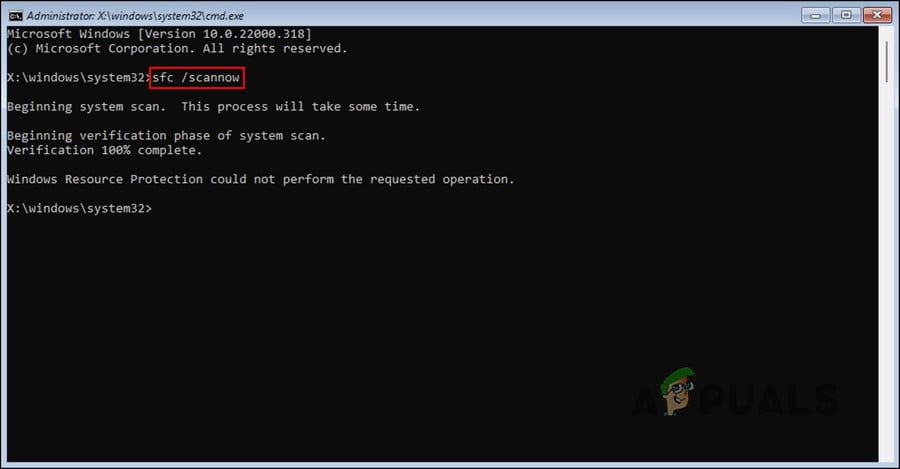
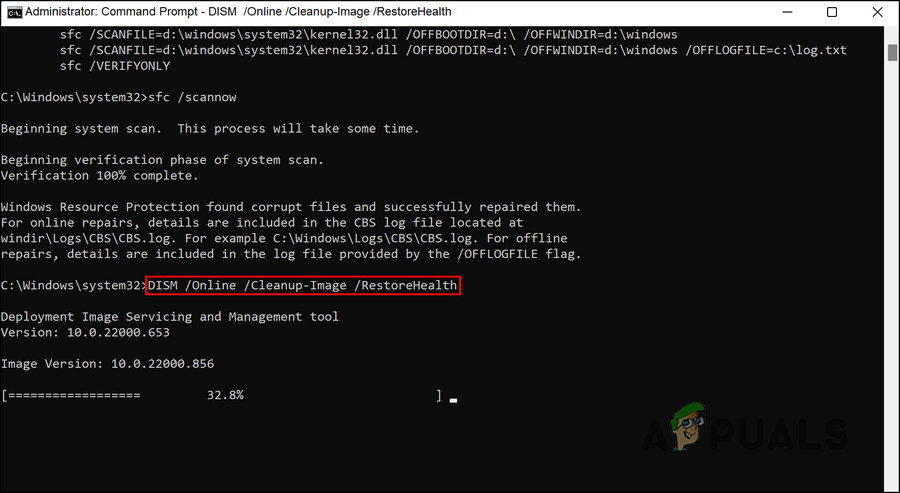
![]()
